Master Composter Program Top Weekly Takeaways - Week 2
Oct 03, 2022
Last week our Solana Center instructors put us into teams, and this week they put us to work! Each group was assigned a specific type of hot composting receptacle or technique and planned to bring the needed brown and green materials to create a working compost system.
My team, "The Earthlings," was assigned the Earth Machine, a large compost system that the City of San Diego also subsidizes for those who choose this method.

We began by creating our base of bulky browns, then worked on layering with the occasional pitchfork mix, our volume ratio of roughly 50/50 "browns" and "greens." (The photo below details the specific materials included).
After each team completed their system, a member shared their process and team takeaways. Throughout the composting process, we'll continue to learn and compare the pros and cons of each method.

After an hour of hands-on learning, we took a break from the sun and began to learn all about vermicomposting. What is vermicomposting? Our presenter Diane described it as "relying on worms, along with other decomposers, to transform food scraps, paper, and other forms of organic waste into a nutrient-rich soil amendment."
Week 2 Juicy Composting Tidbits of Learning:
- No matter what composting method you choose, the four main ingredients include Greens + Browns + Water + Air.
- The right amount of water is roughly the consistency of a wrung-out sponge. So pre-soaking your browns in a bucket or wheel barrow helped us reach that desired drenching througout.
- While filling our Earth Machine, we had to create an airy base and will need to continue to turn our pile (mix with a shovel or rake) to inhibit the growth of odor-causing bacteria.
- Using Bokashi is a catalyst that can kick start the composting process and reduce odors. I have purchased it in the past and had success with this brand.
- Vermicomposting can be done in smaller spaces, even indoors. If done correctly, finished worm castings (poop, but really vitamin enriched not stinky poop) can be expected in 3-4 months.
- Red Wigglers are the best type of worm to use. Don't just extract any old worm from the soil. It's best to get Red Wigglers from a store, online, or a compost-loving friend.
- Worms bodies contain enzymes that nuetralize harmful pathogens. So those coffee ground looking castings are like soil gold.
- Leachate versus Worm Tea. According to the Solana Center, Leachate is excess water from the worm bin and Worm Tea is brewed with castings and water. Don't use Leachate on your edible plants, only use Worm Tea on those plants you or your loved ones will consume.
*Don't forget that composting lessons are weaved throughout the Fall Rutabaga Education Curriculum books. Click here to learn more!*


